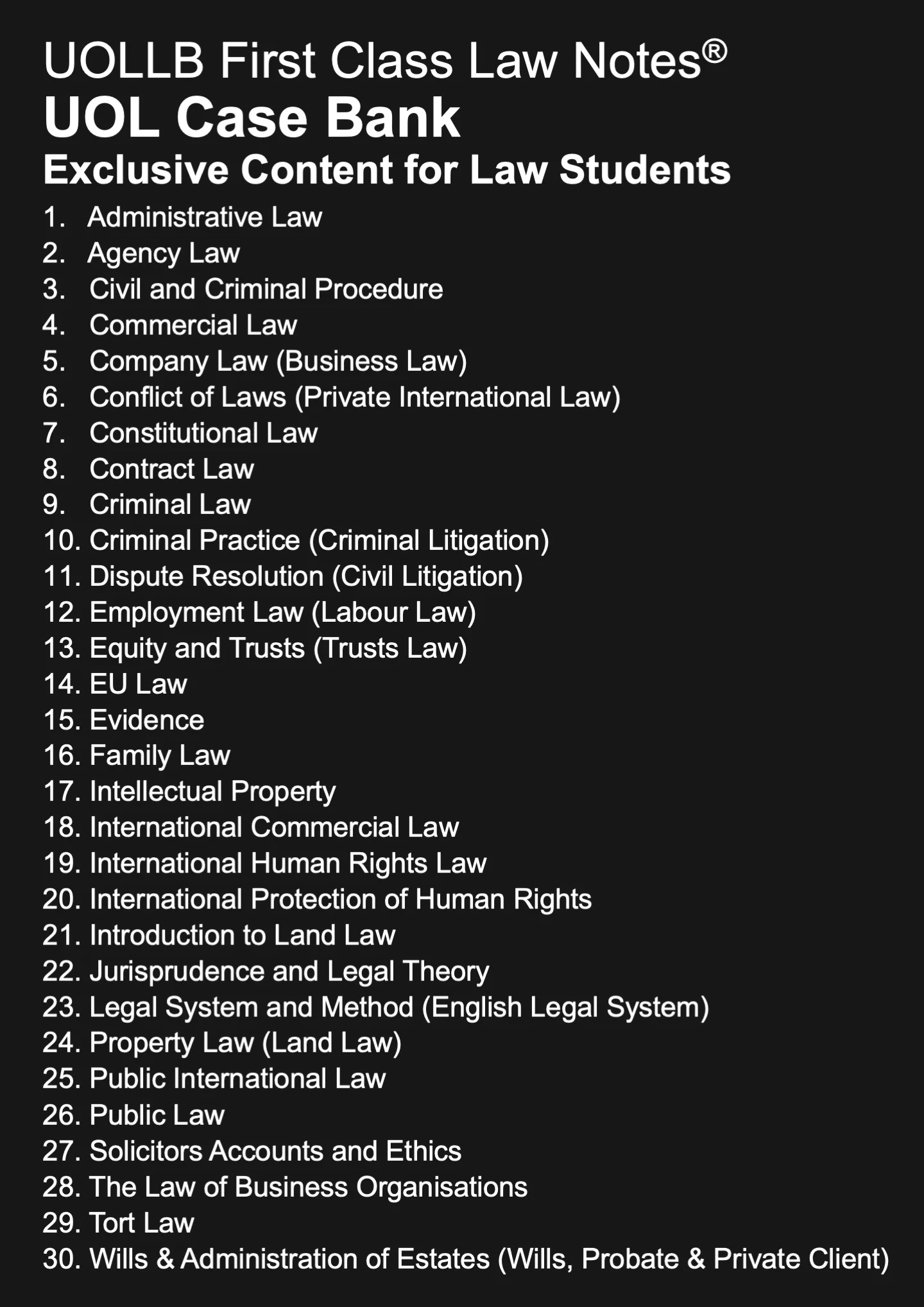Murder in Criminal Law
Share
Murder is a criminal offence in which one person intentionally kills another person without any legal justification or excuse. It is considered one of the most serious crimes, and the punishment for murder can be severe, including life imprisonment or the death penalty in some jurisdictions.
In UK criminal law, murder is defined as the intentional killing of another person with malice aforethought. Malice aforethought refers to the intention or desire to cause serious harm or death to another person. It is an extremely serious crime and carries a mandatory sentence of life imprisonment. The judge will determine the minimum number of years that the offender must serve in prison before becoming eligible for parole. The minimum sentence for murder can vary depending on factors such as the offender's age, previous criminal record, and the circumstances of the crime.
In US criminal law, murder is generally divided into two types: first-degree murder and second-degree murder. First-degree murder is a premeditated and deliberate killing, meaning that the perpetrator had the intention to kill the victim and had planned the murder in advance. Second-degree murder, on the other hand, is a killing that is intentional but not premeditated, meaning that the perpetrator had the intention to kill the victim but did not plan the murder in advance.
To prove murder, the prosecution must show beyond reasonable doubt that the defendant intended to cause death or serious harm to the victim and that the defendant's actions directly caused the victim's death. The defence may argue that the defendant acted in self-defence or that there were extenuating circumstances that led to the killing, such as diminished responsibility or provocation.
In UK criminal law, murder is defined as the intentional killing of another person with malice aforethought. Malice aforethought refers to the intention or desire to cause serious harm or death to another person. It is an extremely serious crime and carries a mandatory sentence of life imprisonment. The judge will determine the minimum number of years that the offender must serve in prison before becoming eligible for parole. The minimum sentence for murder can vary depending on factors such as the offender's age, previous criminal record, and the circumstances of the crime.
In US criminal law, murder is generally divided into two types: first-degree murder and second-degree murder. First-degree murder is a premeditated and deliberate killing, meaning that the perpetrator had the intention to kill the victim and had planned the murder in advance. Second-degree murder, on the other hand, is a killing that is intentional but not premeditated, meaning that the perpetrator had the intention to kill the victim but did not plan the murder in advance.
To prove murder, the prosecution must show beyond reasonable doubt that the defendant intended to cause death or serious harm to the victim and that the defendant's actions directly caused the victim's death. The defence may argue that the defendant acted in self-defence or that there were extenuating circumstances that led to the killing, such as diminished responsibility or provocation.
























































